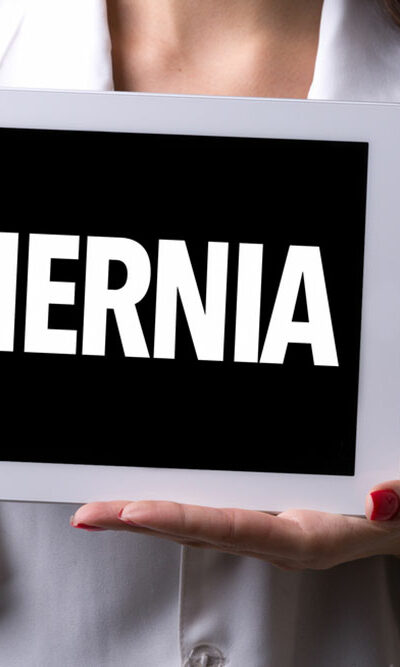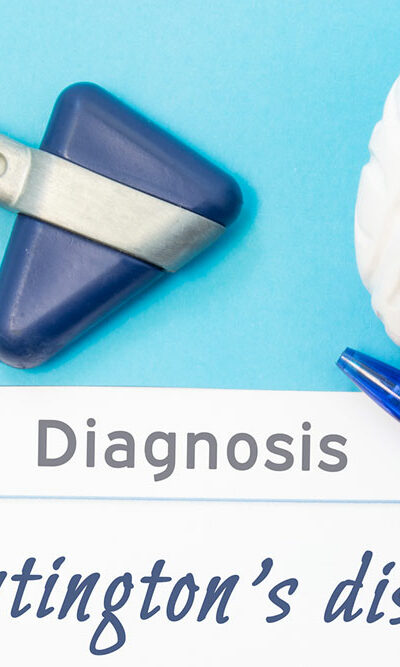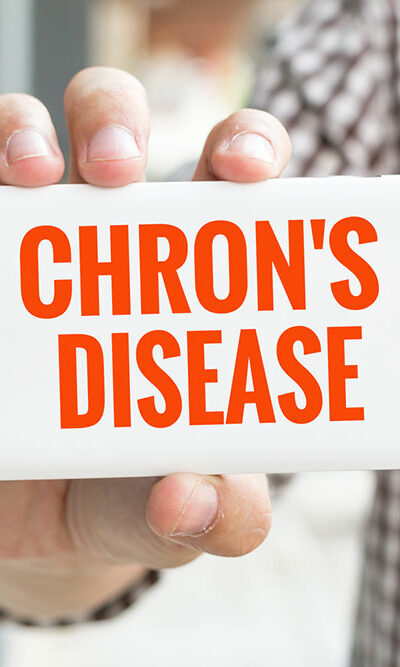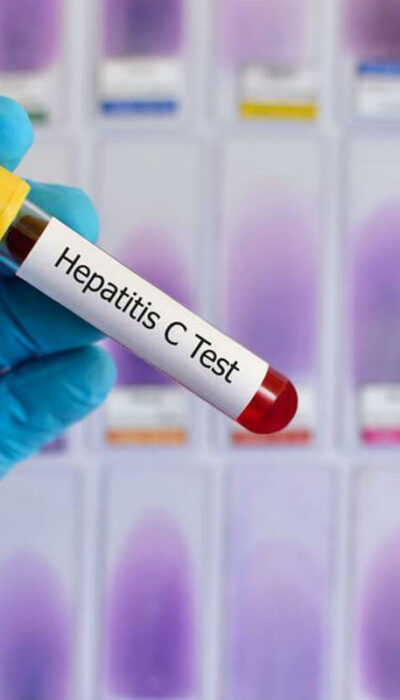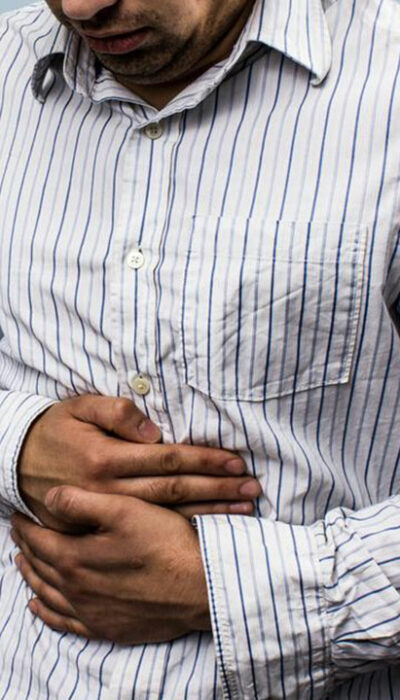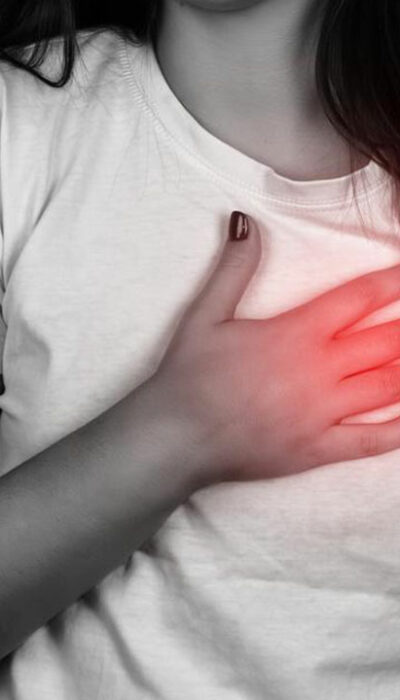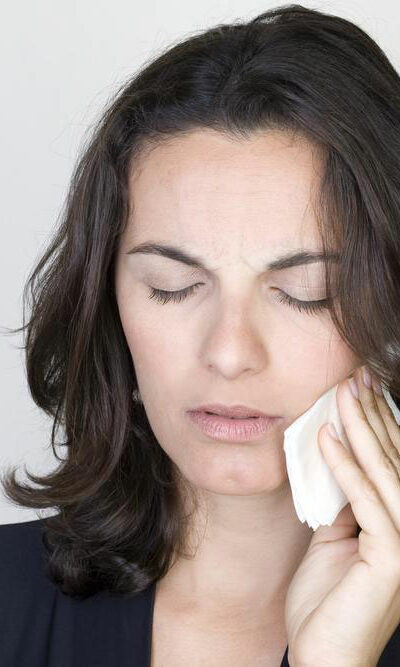
Natural Remedies for Severe Toothache
A toothache or tooth pain can sometimes be a painful problem that disrupts your routine and prevents you from functioning normally. Moreover, it can ruin the pleasure of eating or even force you to stop talking. People often experience the most severe form of tooth pain at night which makes the patients sleepless as they suffer from extreme discomfort. If you are experiencing a toothache, it’s vital to find out the root cause of the discomfort so that you can know the best way to deal with its pain, swelling or other symptoms. Several natural remedies can help you cure a severe toothache. Apart from trying out an effective natural remedy for a severe toothache, you should also consult a dentist if you are suffering from tooth pain for more than three days. However, it may take days or even weeks to get an appointment with the dentist. So, in the meantime, you can try to heal a severe toothache with the help of some effective natural remedies that can provide immediate relief. First, let’s take a look at the types of tooth pain that most people have. Types of tooth pain Mainly, there are two types of tooth pain that people suffer from — dull pain and sharp pain. Sharp tooth pain Sharp or acute tooth pain is mostly short-term, and it appears while eating or speaking to someone. Sometimes, the pain occurs for no reason. Here are some factors that can give you acute tooth pain: Teeth or gum decay A gum infection A broken tooth Grinding or clenching your tooth while you’re asleep Poor installation of a filling or crown Cold beverages or foods This sharp tooth pain can become a serious chronic infection over time. So, it is advisable to seek medical help immediately. Doctors will investigate the nature of your tooth pain and determine whether a filling or fixing is required at a later period.
